A goiter is a noticeable enlargement of the thyroid gland. It can develop in men and women of all ages. However, it is more prevalent in women and those over the age of 40. While many goiters are asymptomatic, some may lead to serious complications. Fortunately, your primary care practitioner in Oviedo, FL, can guide you through diagnosis and treatment for the best possible therapeutic outcomes.
What You Should Know About Goiters
A goiter is a visible enlargement of the thyroid, the hormone-producing endocrine gland located in the front of the neck. This enlargement is characterized by an increase in the size or number of cells in the thyroid gland.
Goiters may be simple enlargements or may involve one or more lumps, or nodules. The blood levels of thyroid hormone classify a goiter as toxic (high levels) or non-toxic.
Symptoms of goiter are different from patient to patient. However, in general, the signs of goiter may include:
- Noticeable swelling at the throat
- Difficulty swallowing
- Dizziness, particularly when the patient raises the arms above the head
- Shortness of breath
- Persistent cough and hoarse voice
- Nodules, or benign, lumps in the gland
- Increased or decreased metabolic rate depending on how the goiter impacts thyroid function and hormone production (overactive or underactive)
- A tight or full feeling in the throat
Often the result of iodine deficiency in the diet, a goiter also may develop because of autoimmune disorders, medications, and certain other medical conditions. Causes include:
- Viral infections, such as thyroiditis
- Pregnancy, because the thyroid gland works harder to produce hormones for both mother and baby
- Hashimoto’s disease, an autoimmune disorder in which the body attacks its own thyroid gland
- Grave’s disease, an autoimmune disorder in which very high levels of thyroid hormones lead to thyroid enlargement
- Some prescription medications, such as lithium, a drug prescribed for some mental health problems
- Iodine deficiency in the diet
While goiters may not always cause noticeable symptoms, some thyroid patients do experience difficulty swallowing or breathing. This is due to their goiters pressing on surrounding structures. In very rare cases, a large goiter may even press on the trachea, impair breathing and lead to a life-threatening emergency.
In short, thyroid function deficiencies and structural problems can be complex. Your primary care provider will educate you about this H-shaped gland’s anatomy and function. Your provider also will explain the best course of treatment for your particular situation.
The Role of Your Primary Care Provider in Goiter Care
In addition to providing expert patient education about goiter, your primary care provider may diagnose and treat a goiter. The primary care setting is often the first point of contact for patients with goiters.
Primary care providers are responsible for:
- Assessing goiter symptoms through physical examination (visual inspection and palpation of the throat)
- Ordering appropriate tests, such as blood work or imaging studies
- Working closely with endocrinology specialists as needed to develop treatment plans tailored to each individual patient’s needs
Plus, your primary provider can determine if in-office monitoring of goiter symptoms, along with periodic blood tests and imaging assessments will suffice. This is commonly called “watchful waiting.”
Additionally, your primary care provider may prescribe thyroid medications, such as Synthroid (synthetic hormones) or Tapazole to regulate thyroid function.
Again, your primary care practitioner is your first and best source for comprehensive treatment of thyroid problems, such as goiters. You will receive honest and compassionate answers to all your questions. At the Diabetes & Weight Loss Center in Oviedo, FL, we know you can gain confidence in your ability to gain and maintain a healthy endocrine system for a fuller, more vibrant life.
Treatment For Goiter and Other Thyroid Conditions in Oviedo, FL
At Diabetes & Wellness Center in Oviedo, FL, our founder and leader is Nurse Practitioner Adriel Perez. He is devoted to the best possible care for diabetes, obesity and other medical needs. His solutions are evidence-based and patient-centered.
For more information about thyroid problems, such as goiter, hypothyroidism, hyperthyroidism, nodules and cancer, call us at (407) 890-1876. You also may request a consultation here. We will be happy to meet you and get you started on a plan for vibrant health and wellness.


